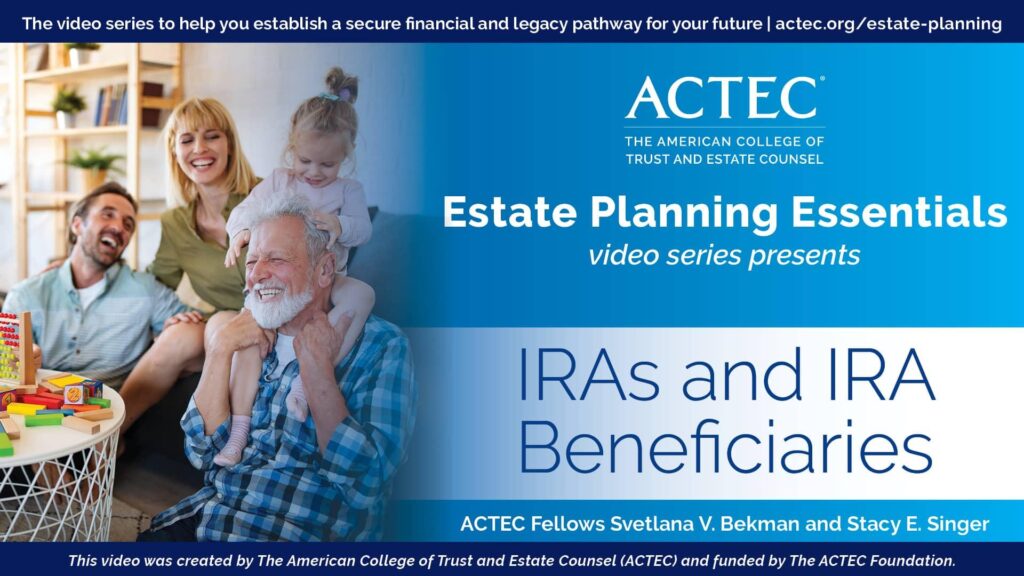In the ever-shifting landscape of financial strategy, one veteran IRA specialist is challenging the long-held assumptions about traditional retirement accounts. As families seek to preserve and transfer wealth across generations, a provocative perspective emerges: what was once considered a cornerstone of financial planning might now be a potential pitfall for estate preservation. This article delves into the nuanced critique that threatens to upend conventional wisdom about retirement savings and inheritance strategies, offering readers a critical lens through which to re-examine their long-term financial blueprints. Navigating the complex landscape of retirement planning requires a strategic approach that goes beyond conventional wisdom. Traditional Individual Retirement Accounts (IRAs) have increasingly become a potential liability for families seeking comprehensive estate preservation strategies.
The fundamental problem lies in the inherent tax structures that can create substantial financial burdens for beneficiaries. When inherited, these accounts trigger significant tax implications that can rapidly erode generational wealth. Unlike more flexible estate planning vehicles, traditional IRAs often force heirs into compressed withdrawal timelines, generating substantial taxable income that can push recipients into higher tax brackets.
Modern wealth transfer strategies demand more nuanced solutions. Roth conversions, life insurance trusts, and strategic asset repositioning offer more dynamic alternatives to the rigid traditional IRA framework. These sophisticated approaches provide greater control, tax efficiency, and potential long-term financial optimization.
Tax legislation has dramatically reshaped inheritance dynamics, particularly with the SECURE Act’s implementation. The elimination of the “stretch IRA” provision means non-spouse beneficiaries must distribute inherited retirement assets within ten years, creating compressed tax liability windows that can devastate carefully constructed financial legacies.
Sophisticated investors are increasingly exploring hybrid strategies that blend retirement account management with comprehensive estate planning. Charitable remainder trusts, life insurance-funded inheritance mechanisms, and strategic Roth conversions present more adaptable frameworks for preserving family wealth.
The tax implications of traditional IRAs extend beyond immediate inheritance scenarios. Required minimum distributions (RMDs) create consistent tax obligations that can significantly reduce overall portfolio efficiency. By contrast, more flexible investment vehicles offer greater tax management potential and generational wealth transfer capabilities.
Professional financial advisors increasingly recommend diversifying retirement asset classes to mitigate potential tax risks. Integrated approaches that combine multiple investment strategies can provide more resilient wealth preservation mechanisms. This might include strategic real estate investments, alternative assets, and tax-advantaged investment vehicles.
Emerging financial technologies and sophisticated estate planning tools are rendering traditional IRA models increasingly obsolete. Wealth transfer strategies now demand dynamic, multifaceted approaches that transcend conventional retirement account limitations.
Proactive families must conduct comprehensive financial assessments, evaluating their unique circumstances against evolving tax landscapes. Consultation with specialized estate planning professionals becomes crucial in developing personalized strategies that maximize wealth preservation and minimize potential tax vulnerabilities.
The future of estate planning demands innovative thinking, strategic asset positioning, and a willingness to challenge traditional retirement account assumptions. By embracing more flexible, tax-efficient approaches, families can create more robust, adaptable financial legacies.
